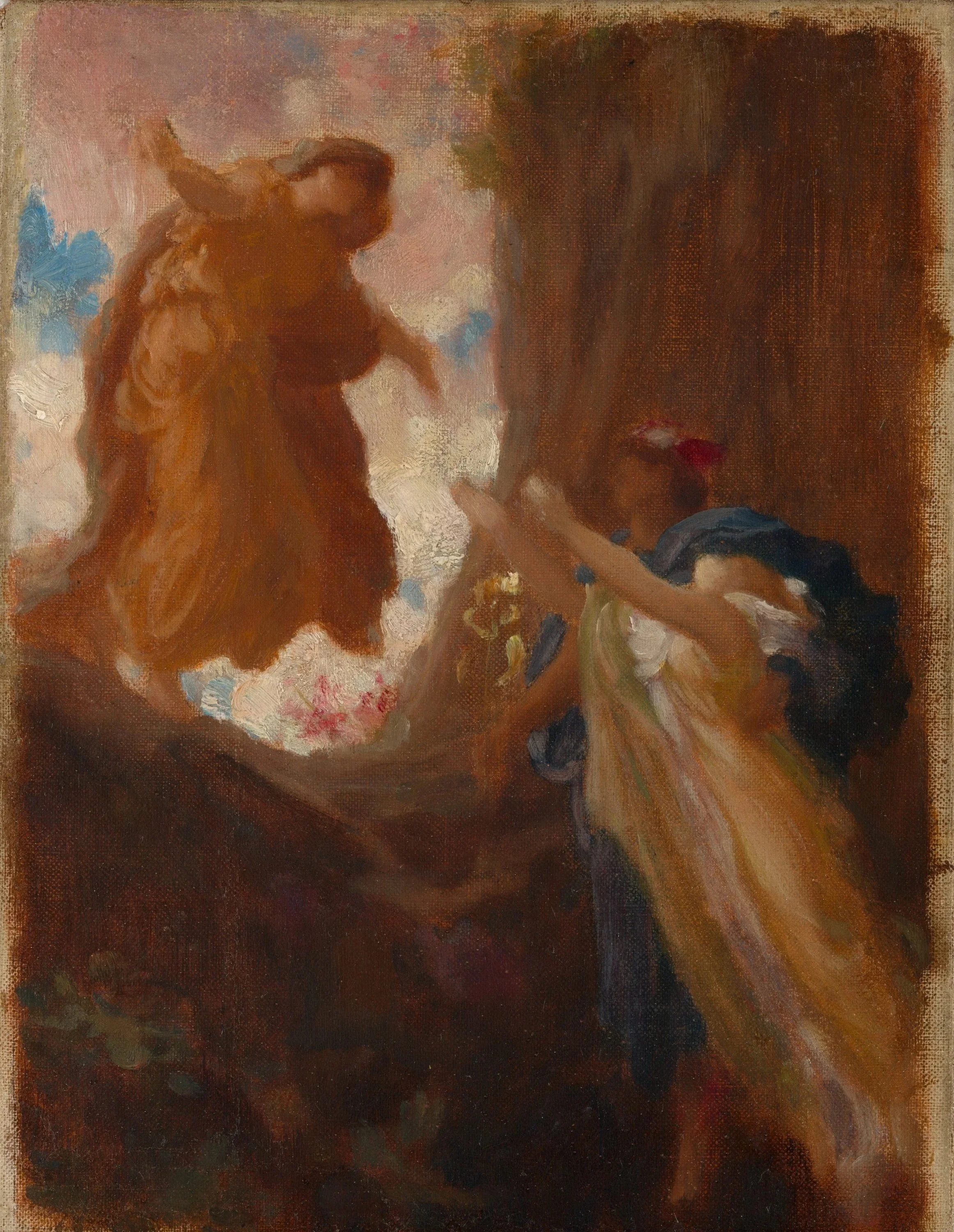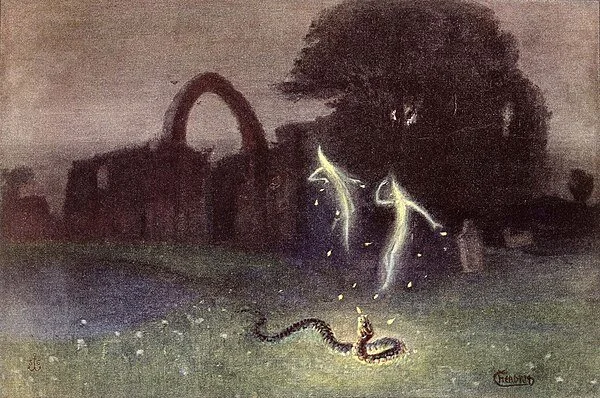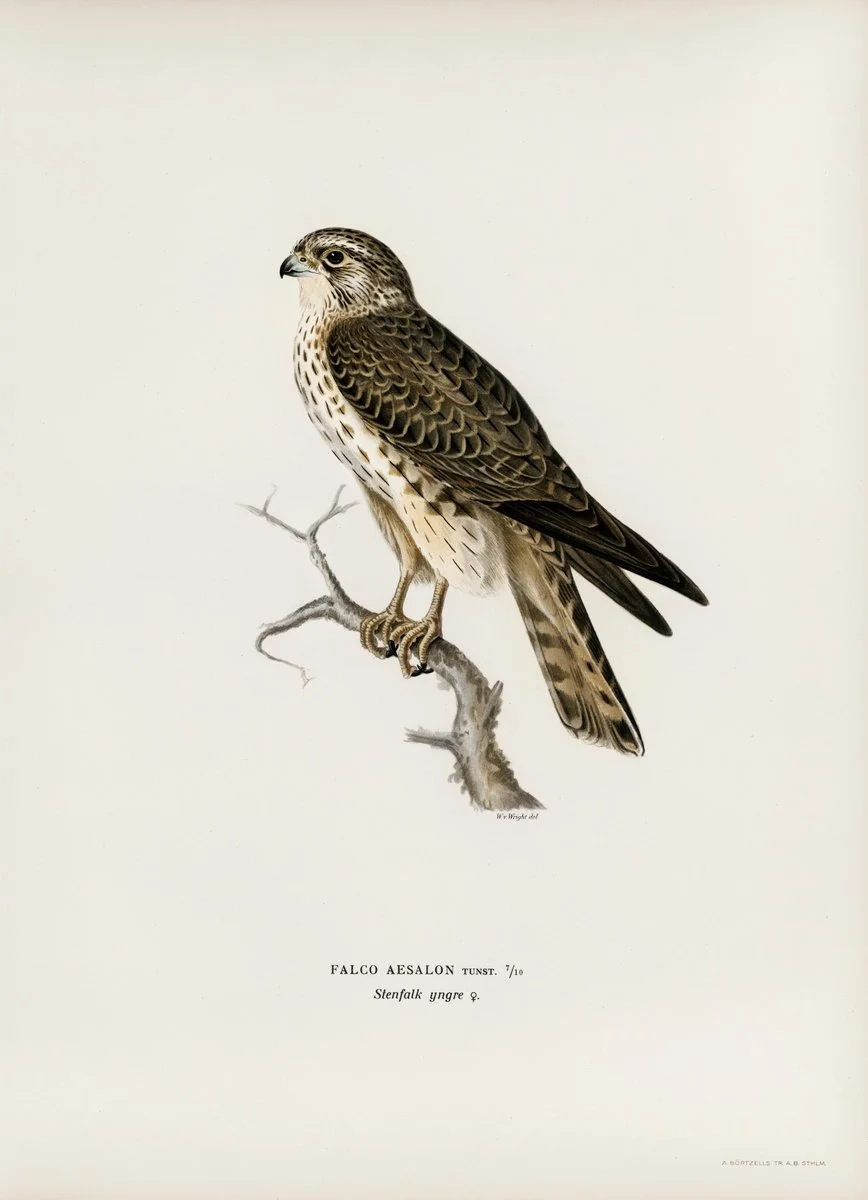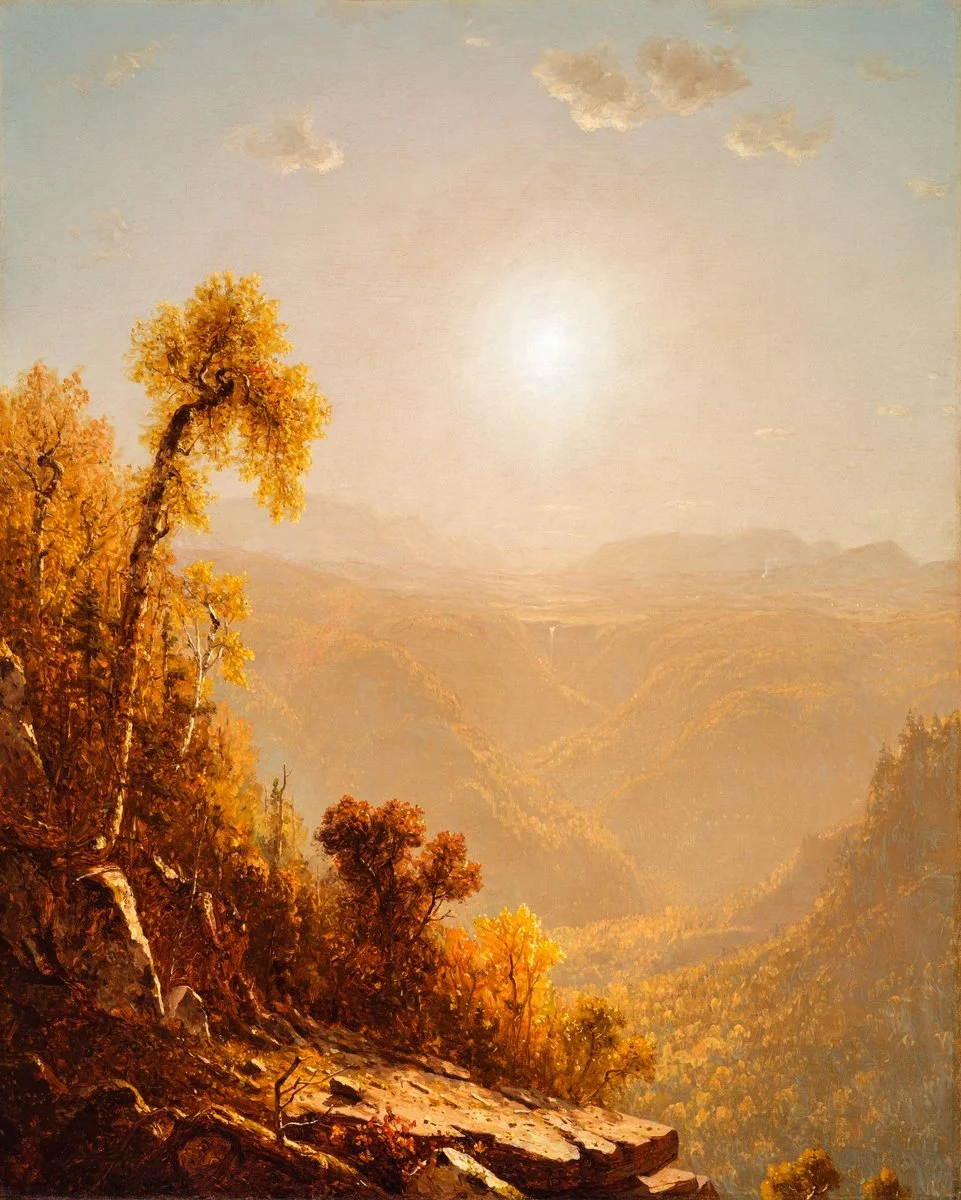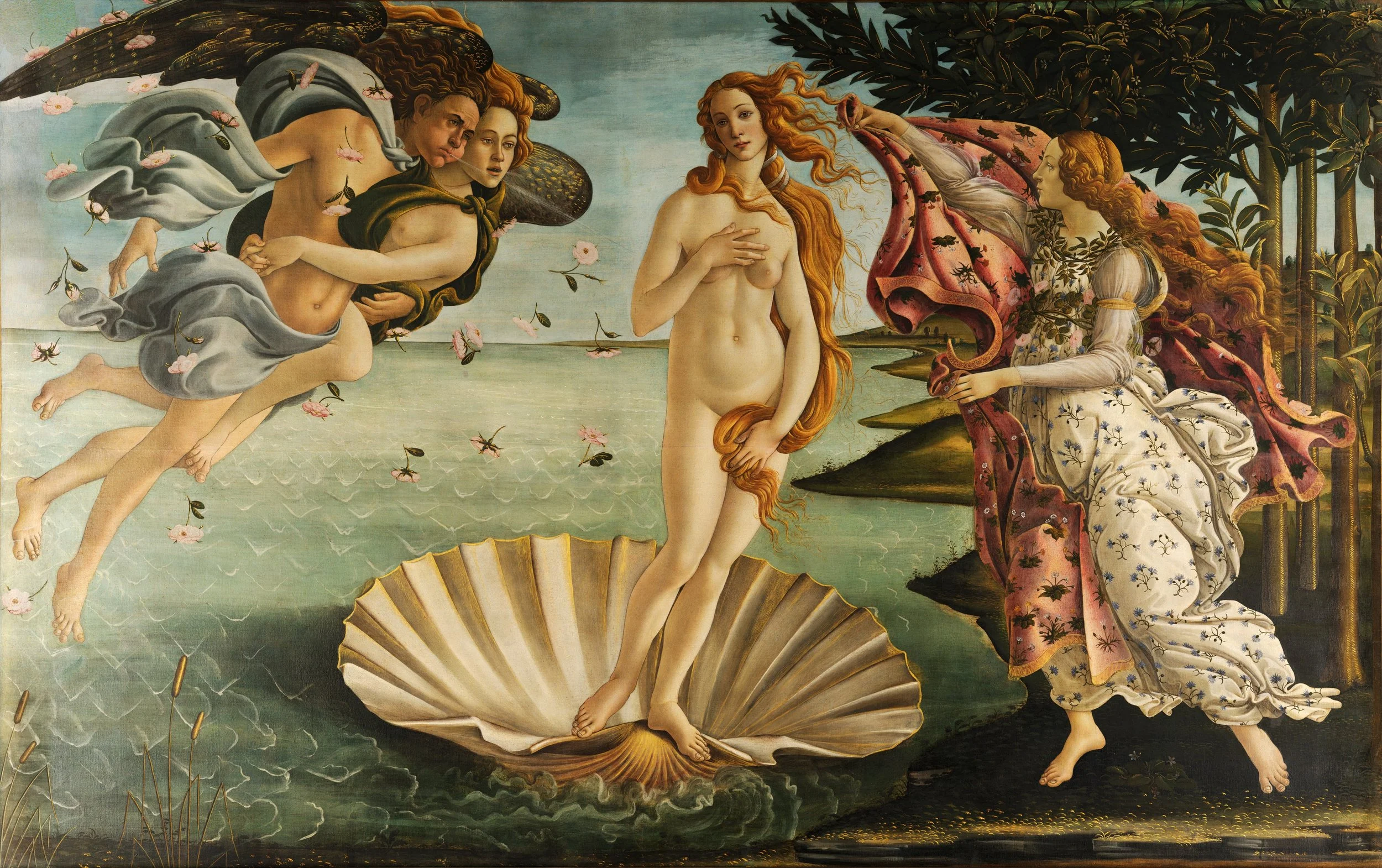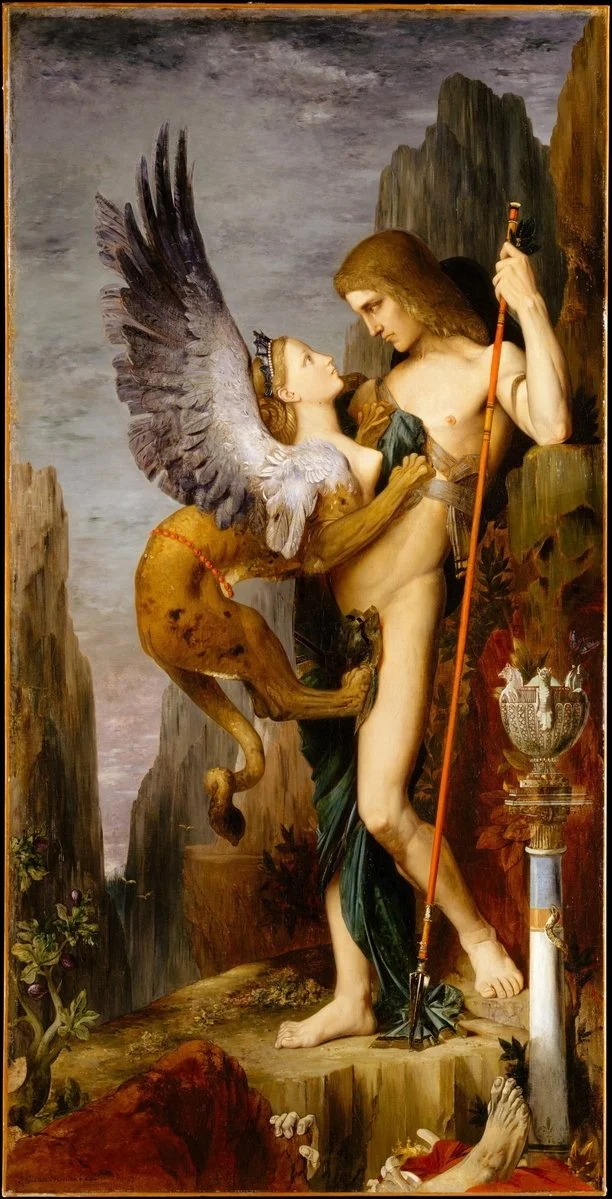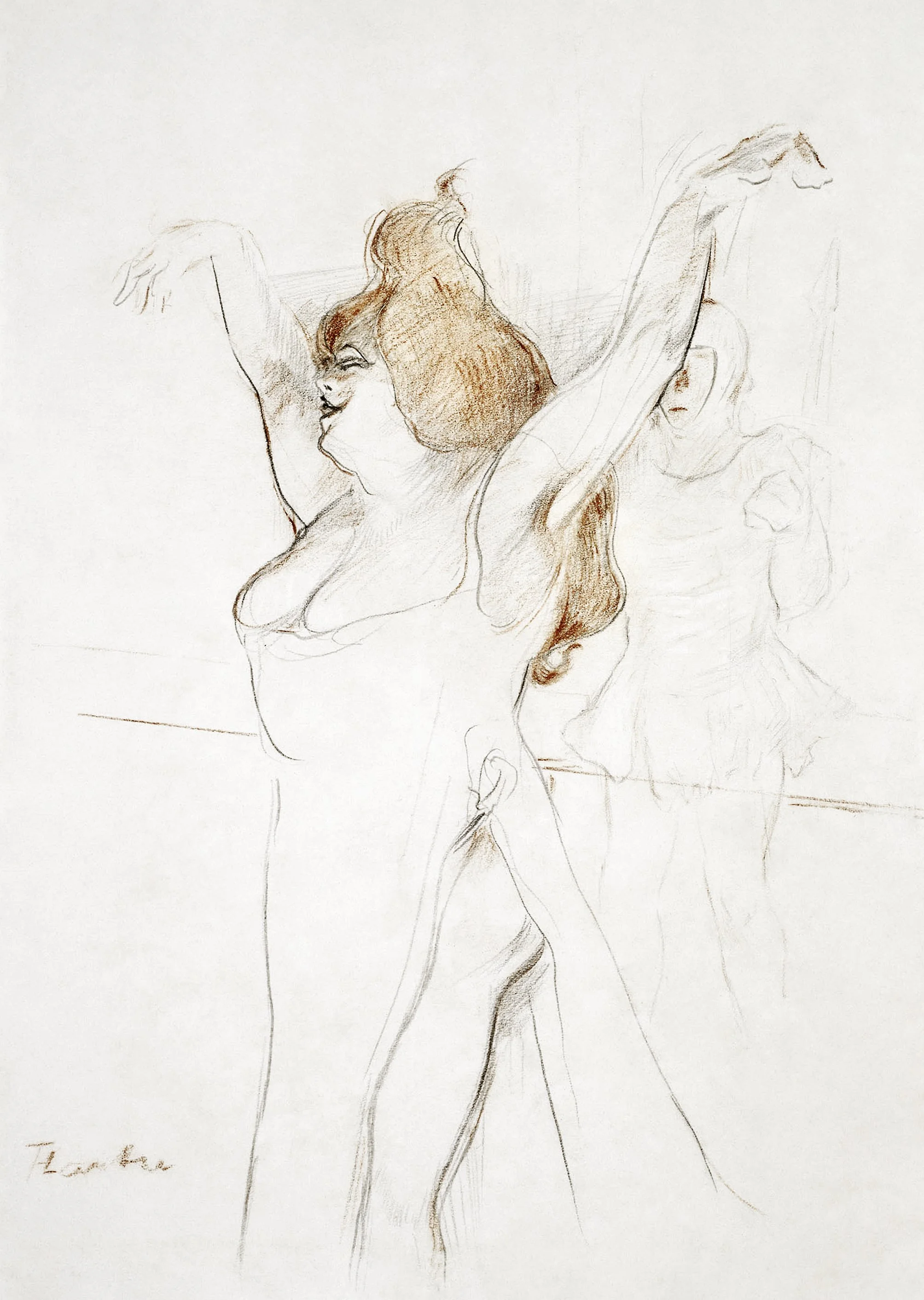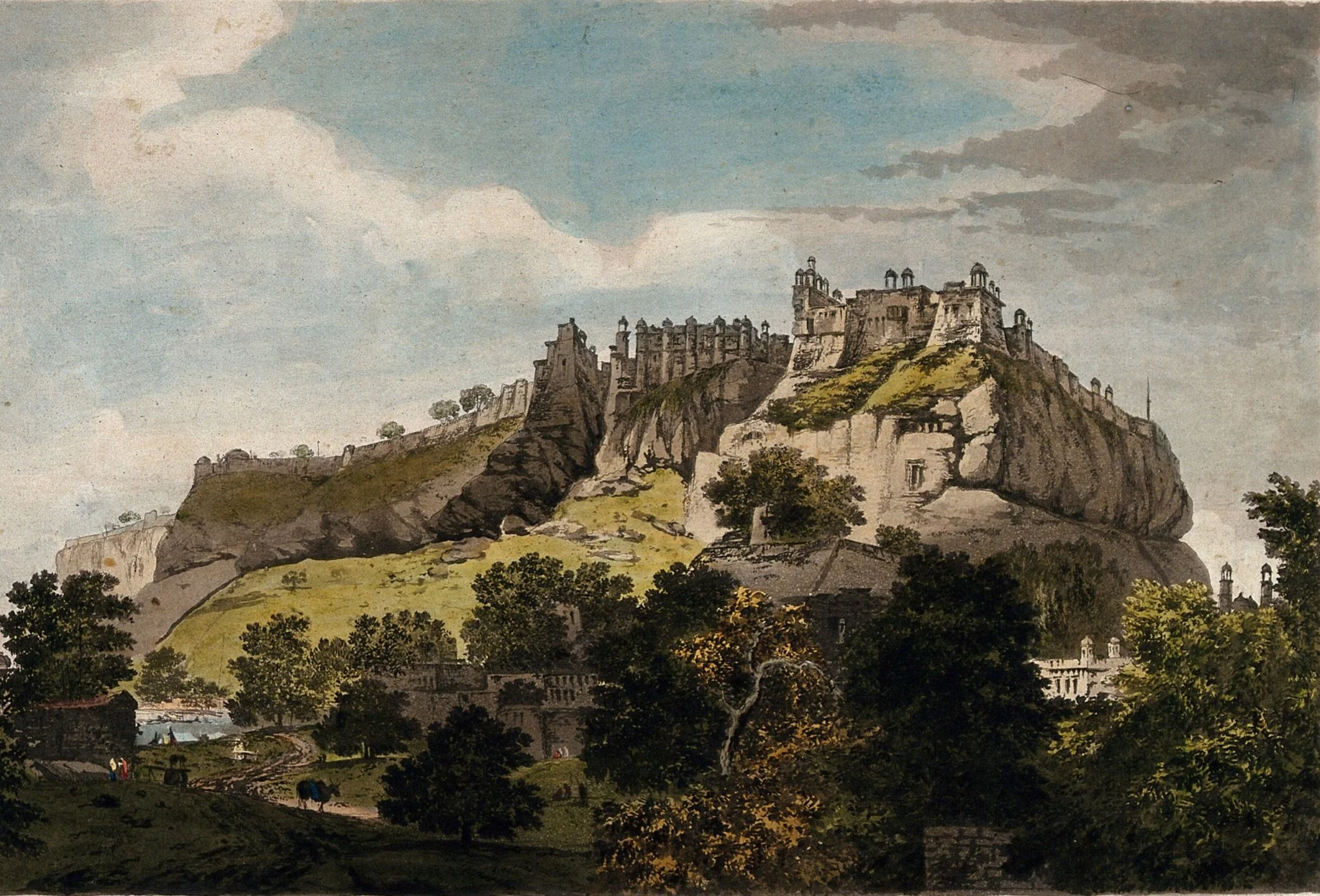
Aphrodite’s Many Faces: Love, Power, and Devotion in Greek Mythology
If love is the most inexhaustible of human concerns, it is also the most fraught. In mythology, love is never a mere emotion — it is a force, a weapon, a punishment, and, at times, a divine calamity. Nowhere is this clearer than in the ancient world’s vision of love as embodied by its gods.
Why the Wind Wails
A love story between a chief’s daughter and the invisible Wind unfolds with mythic clarity and deep melancholy, where longing transcends the earthly and echoes into the sky. Cowles’s retelling is simple, but devastating: the voice in the wind is grief, and the face in the moon is waiting.
British Goblins: Fairy Tales and the Ancient Mythology
In this richly woven survey of Welsh folklore, Sikes maps a world where fairies dance in moonlit rings, changelings cry in cradles, and the veil between myth and memory is thin as mist. Less a collection of tales than a cultural archaeology, it captures the haunted lyricism of a land where belief lingers in every shadowed glen and echoing hill.
Jupiter Determines to Destroy the World
The gods look down and find the world rank with blood and treachery, its cities swollen with crime and pride. In Ovid’s telling, Jupiter’s decision to unmake humanity is not a stormy act of wrath, but a cold recalibration—a divine flood issued not from fury, but from disgust.
The Myth of the Birth of the Hero
In The Myth of the Birth of the Hero, Otto Rank offers a radical psychoanalytic reading of ancient hero legends, arguing that their recurring motifs—exposure, rescue, concealed parentage—are not historical or celestial in origin but expressions of universal infantile fantasies. These myths, he suggests, are the collective dreams of humanity, staging the primal conflict between child and parent beneath the mask of epic destiny.
The Fish and the Ring
A northern baron attempts to rewrite destiny through deceit and violence, only to be thwarted by fate’s strange fidelity in The Fish and the Ring, a fairy tale that blends prophecy, attempted infanticide, and miraculous recognition with a tone both unsentimental and satisfying. Jacobs renders the inevitability of justice with folkloric clarity, where even the sea seems to conspire against hubris.
Prometheus and Pandora
In Jean Lang’s vivid retelling, Prometheus and Pandora becomes not just a myth of origin but a meditation on rebellion, punishment, and the perilous beauty of human curiosity. With lyrical prose and moral weight, Lang traces the fall from innocence not as a lapse, but as an awakening—where fire, suffering, and even hope are gifts costly enough to shape civilization itself.
Pyramus and Thisbe
Josephine Preston Peabody offers a tender retelling of antiquity’s most tragic miscommunication, an elegy of young love undone not by cruelty but by mistiming, veils, and the mute indifference of nature. Babylon becomes the unlikely stage for a proto-Romeo and Juliet, where even the mulberry tree bleeds red with grief.
The Brewery of Egg Shells
W. B. Yeats recounts the eerie wisdom of Irish folk belief, where changelings and boiling egg-shells mark the porous boundary between the domestic and the uncanny. With dark humor and folkloric logic, the tale captures a mother’s desperate faith in the old ways—where even red-hot pokers and cradle-swapping spirits play by ancient rules.
The Sleeping Beauty in the Wood
What begins in enchantment ends in menace, as a sleeping kingdom stirs not only to love, but to the hidden threat of bloodlines and appetites. Perrault’s fairy tale drifts from spellbound stasis to a darker domestic reckoning, where happy endings arrive only after one final awakening.
The Three Loves of Venus
A goddess of contradictions, Venus emerges not simply as an emblem of love, but as its stratified architect—at once celestial, earthly, and sensual. In this layered account, her three lovers—Vulcan the smith, Mars the warrior, and Adonis the fleeting mortal—reflect the facets of her domain: the forged bond of union, the thrill of conquest, and the aching ephemerality of desire.
The Model for All the Sirens of the Centuries: Helen of Troy
In Albert Payson Terhune’s rollicking retelling, Helen becomes not just the face that launched a thousand ships, but a living embodiment of male fantasy and female peril, part goddess, part scapegoat, ageless and irresistible. Told with brash charm and arch wit, her legend is reassembled as both moral fable and cautionary tabloid.
Sun, Moon, and Talia
Long before Sleeping Beauty was softened by the Brothers Grimm, Basile gave us this dark, baroque original, a tale of cursed slumber, royal assault, and survival through strange grace. Sun, Moon, and Talia is a story where the lines between fate and violence blur, and where awakening comes not with a kiss, but with the cries of twin children born in silence.
Goddess Diana in the Woods
In this trio of woodland episodes, Diana emerges not only as huntress but as arbiter of purity, vengeance, and impossible restraint. Whether turning Actaeon to stag, slaying Niobe’s daughters in divine reprisal, or grieving her accidental slaying of Orion, Kip Baker’s Diana is a figure of tragic symmetry—wounding and wounded by the laws she upholds, forever walking the fine line between power and pathos beneath the forest canopy.
The Old House
In The Old House, Hans Christian Andersen conjures a quiet meditation on memory, decay, and the strange companionship between age and youth. As a boy befriends the solitary old man in a crumbling home across the street, the tale becomes a soft elegy to time’s passage and the hidden nobility of things, and people, cast aside.



